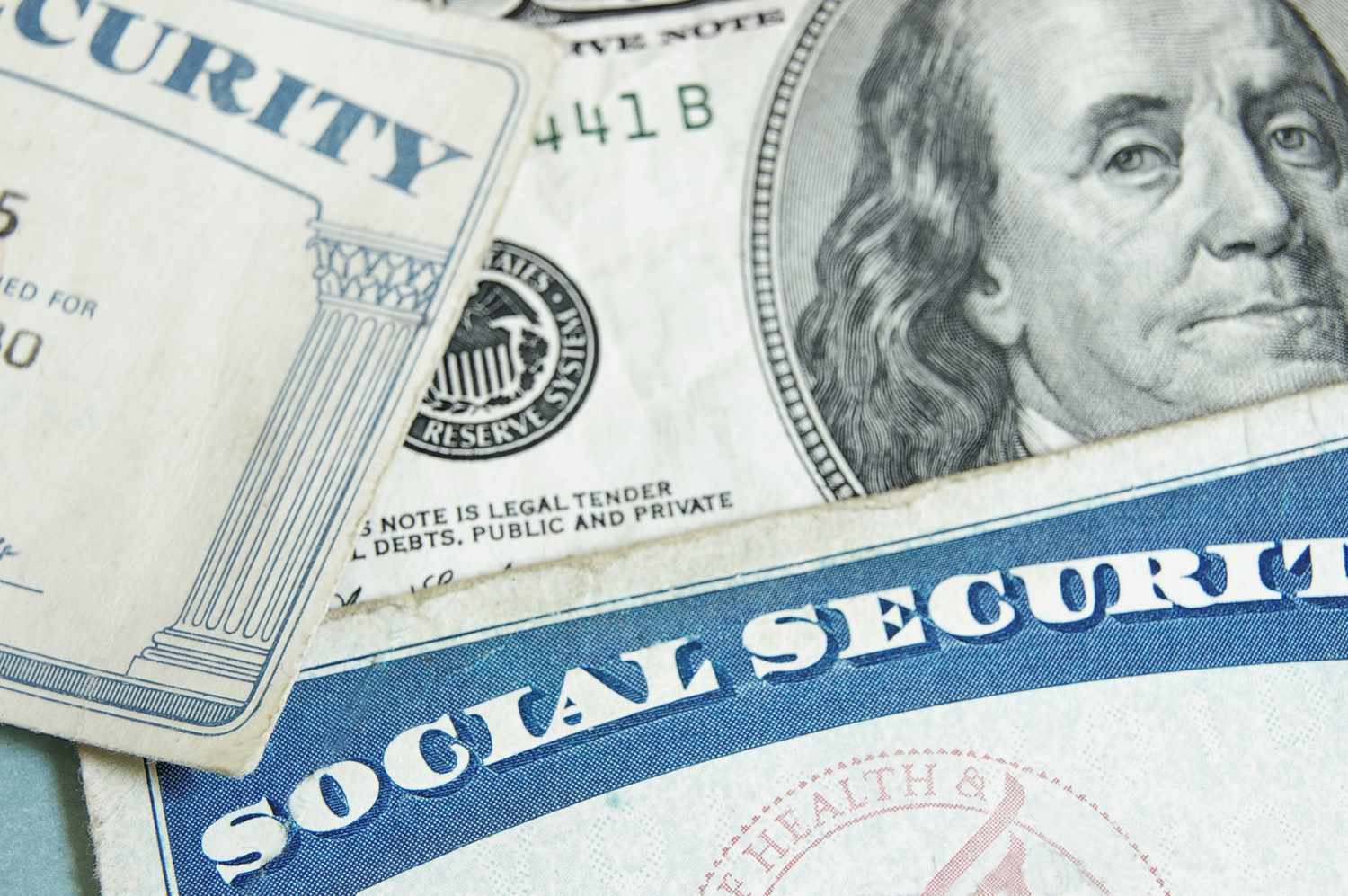In a historic move early Saturday morning, the Senate passed the Social Security Fairness Act, a bill set to expand benefits for millions of Americans who rely on Social Security. Following the House’s approval, the legislation now awaits President Joe Biden’s signature, which is expected soon.
The bill eliminates two longstanding provisions—the Windfall Elimination Provision and the Government Pension Offset—that reduced Social Security benefits for certain public-sector workers with pensions. These provisions were initially designed to prevent “double-dipping” for retirees and disabled workers who receive pensions and Social Security benefits.
The Social Security Fairness Act will impact more than 2 million current beneficiaries, along with future retirees. The Congressional Budget Office (CBO) estimates that affected recipients could see an average monthly increase of $360 in their Social Security checks by December 2025. Spousal benefits will also be expanded under the bill.
Who Benefits?
Many public-sector workers, including teachers, police officers, and government employees, have historically been exempt from paying Social Security taxes due to separate pension systems. However, many of these workers qualify for Social Security benefits through other jobs or private-sector employment during their careers.
To be eligible for Social Security, workers must contribute to the program through payroll taxes for at least 10 years. The removal of these provisions ensures that public-sector workers who have paid into the system receive benefits just like anyone else.
A Long Road to Change
The push to repeal these provisions has gained bipartisan support over the years, with leaders from both sides of the aisle arguing that the laws unfairly penalized public-sector employees. In November, the House overwhelmingly passed the bill with a 327-75 vote, and the Senate followed suit with a 76-20 vote.
Senate Majority Leader Chuck Schumer, D-N.Y., was a vocal advocate for the bill, rallying union workers in Washington, D.C., just days before the vote. “What’s happening to you is unfair, un-American, [and] I will fight it all the way,” Schumer told supporters during a rain-soaked rally on Dec. 11.
Despite some last-minute challenges, including amendments introduced by Republican senators, the bill garnered enough bipartisan support to clear the Senate before Congress adjourned for the year.
What It Means for the Future
While the Social Security Fairness Act brings significant relief to millions, it comes with a cost. The CBO estimates the changes will cost $196 billion over the next decade, slightly accelerating Social Security’s projected insolvency by about six months.
Supporters argue that the expansion is a matter of fairness. “Public-sector workers who pay Social Security taxes deserve to receive benefits in retirement just like anyone else,” proponents of the bill said.
As the bill moves to the president’s desk, its passage marks a victory for those who have long campaigned for more equitable treatment of public-sector workers under Social Security.







